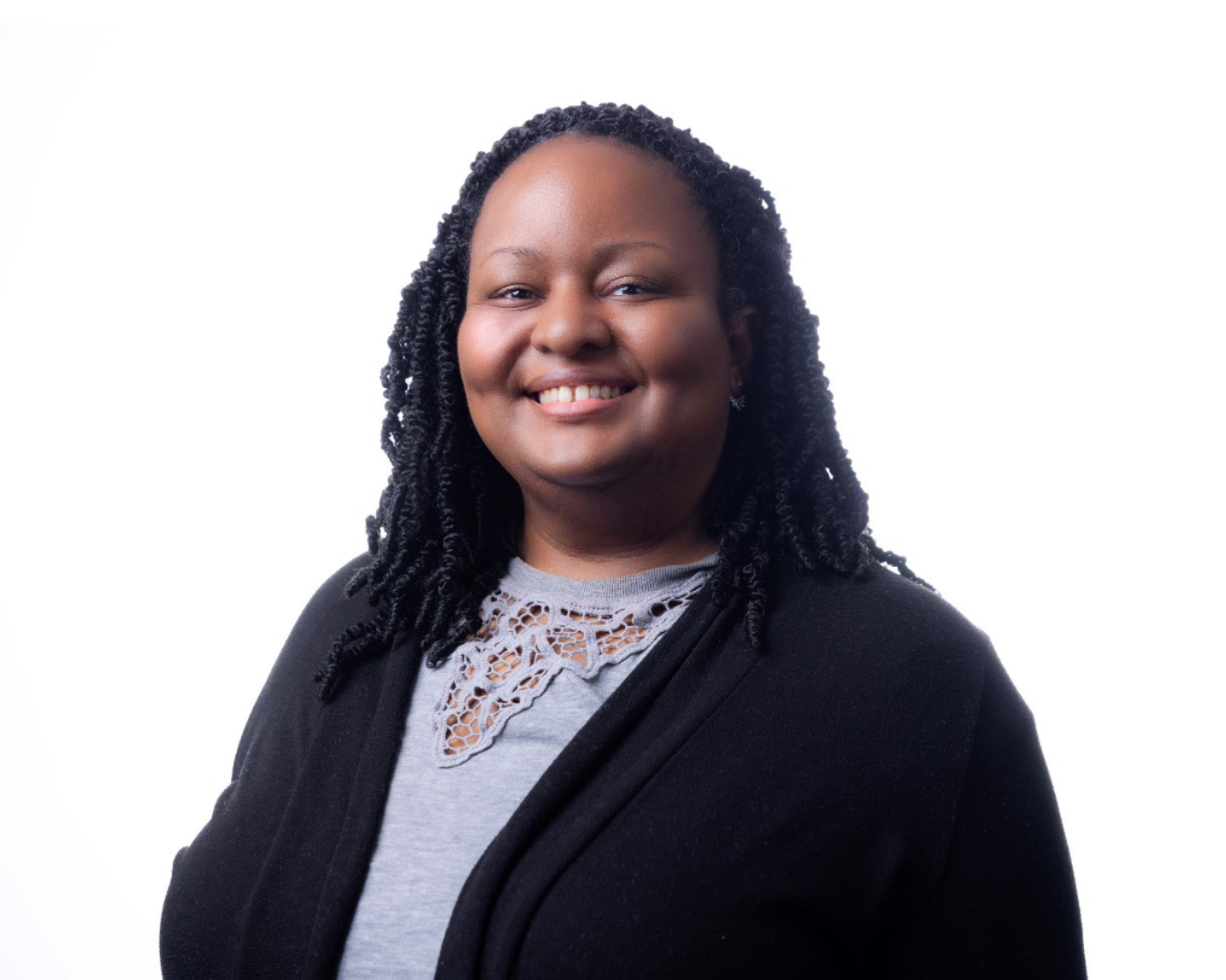
LaShanta Brice, DCLS, was drawn to the field of medicine at a young age, though she wasn’t quite sure where she’d land. As a deeply empathetic person, she settled on the idea of becoming a pediatrician briefly but then realized through her studies that “my personality would absolutely not fit into being a physician.” What Dr. Brice knew for sure was that she wanted to help take care of people.

For Brittany Teeter, MS, CLS, MLS(ASCP)CM, the never-ending evolution of the laboratory, along with the continual development of new testing methods, and new advancements in technology, aligns perfectly with her dedication to lifelong learning and love of problem-solving and quality improvement. She shares her thoughts on her career in the laboratory and more.
In the field of pathology, where women—particularly women of color—remain significantly underrepresented, three Black pathologists, Drs. Jamie M. Everett, MD, Daphne Massey, MD, and Paulyann Maclayton, MD, have become a crucial support network for each other. Together, they advance the awareness of pathology and engage in community teaching and mentorship to inspire young pathologists and laboratory professionals.
Fostering an inclusive and diverse laboratory environment is essential for delivering top-notch patient care. For 2024, we are sharing insight from Black leaders in pathology and laboratory medicine, and looking at how we can better serve Black and Brown patient populations.
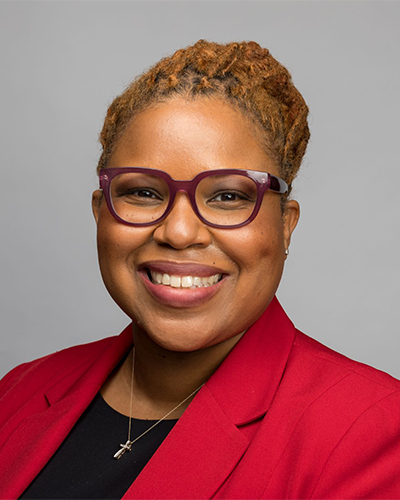
Given that Black pathologists and laboratory professionals are still significantly less represented than their white peers in these professions, the need for the Society of Black Pathologists has never been greater. Critical Values spoke with its current president, Dana Powell Baker, EdD, MBA, MS, MLS(ASCP)CM, about SBP’s vision for the future and her goals as the first non-MD President of the SBP.
ASCP and other key organizations in the blood bank community have formed a working group to create an RBC Alloantibody Exchange that would help individuals with sickle cell disease—which predominantly affects Black and African American patients—and other patients who frequently receive blood transfusions. Read on to learn more about this award-winning effort.
Diversity and equity in patient care starts with the laboratory. At ASCP 2023, members of the Society of Black Pathologists held a panel on recruiting pathologists and laboratory professionals from diverse and underrepresented groups. Here, they share some of their insights.
Developing a diverse, equitable, and inclusive profession starts with a laboratory workforce that is as diverse as the patient population it serves. For Black History Month, ASCP spoke with educational programs that are making a concerted effort to recruit underrepresented minorities and help strengthen the workforce pipeline. Click on the links below to read the full articles!
When Maiya Picott, BS, MS, Laboratory Instructor at Virginia Commonwealth University’s (VCU) Department of Medical Laboratory Sciences (MLS) was recruited from a predominantly white institution to consider a career in laboratory sciences, she had been considering another program and career path altogether. But a pitch to her from Melissa Jamerson, PhD, MLS(ASCP), Associate Professor and Assistant Chair of VCU’s MLS Department sealed the deal. “From the second I met Dr. Jamerson, she was super invested in my journey, and I could feel the genuineness of my interactions with her. I felt like there was nowhere else I would want to go to school because I was so welcomed and invited,” says Ms. Picott.
It’s no secret that recruiting new students into medical laboratory science (MLS) programs has its challenges. For the University of Arkansas for Medical Sciences (UAMS) MLT to MLS online bridge program, focusing on their differences compared to other, similar programs has become a calling card, along with its emphasis on recruiting students from underrepresented minorities. Shaneika Chambers, MHA, MLS(ASCP)CM, an instructor who plays an active role in recruiting students, notes that to start, the program offers alternatives to traditional clinical rotations, making it accessible to students who are already living busy lives, working, and even raising families.
Creating a more inclusive and diverse environment in the laboratory is critical to providing high-quality patient care. For Black History Month in 2022, ASCP highlighted Black leaders within the profession who shared their thoughts on providing equitable care, what inspired them to enter pathology and laboratory medicine, and more. Read the Q&As below!
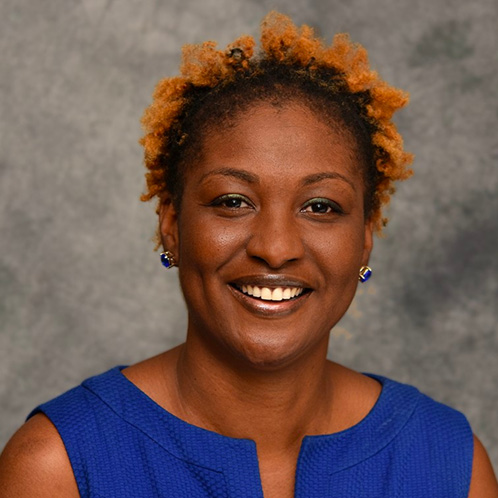
The concept that pathology and laboratory medicine are the bedrock and last word of healthcare for patients is what drives Dr. Richard's personal and professional legacy. She discusses diversity in leadership, healthcare challenges, and why she chose pathology in this Q&A.
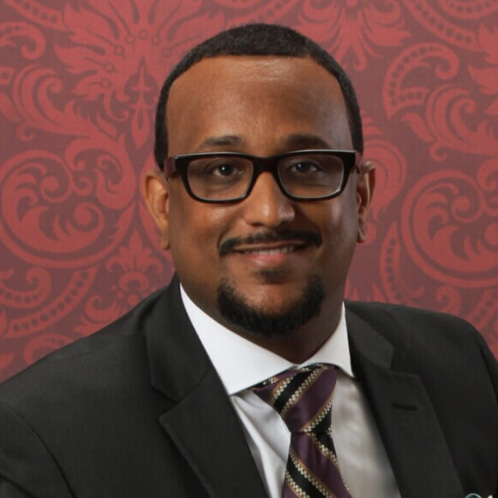
The current Chair of Pathology for Howard University, Roger Mitchell, MD, shares his advice on encouraging students to pursue pathology, and more.
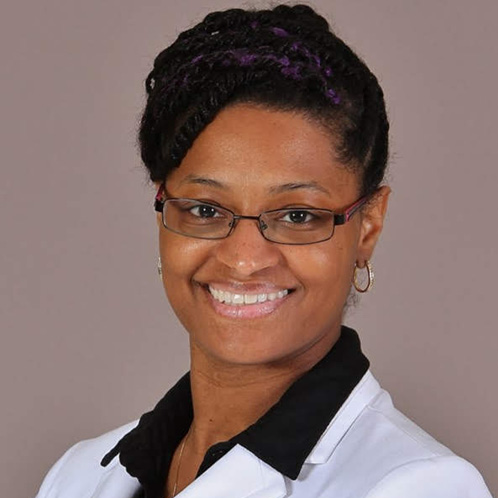
Diane Price Banks, PhD, MPH, MLS(ASCP)CM, lit up the entire community at Bronx Community College on her quest to promote medical laboratory science. She shares her passion and thoughts here.
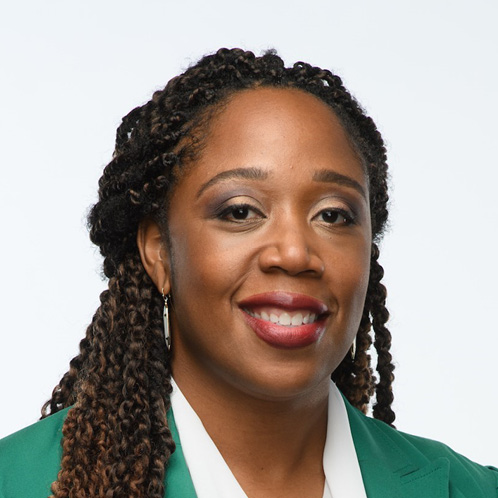
Stephanie Whitehead, MBA, MPH, MLS(ASCP)CM, shares her thoughts and insight on diversity in laboratory leadership, what inspired her to become a laboratory professional, and more.
Diversity and inclusion has long been an issue in healthcare and has been a topic of intense and important discussion within pathology and laboratory medicine. These conversations are critical to creating a more diverse and inclusive workforce that better represents the varied patient populations we serve. For Black History Month in 2021, Black leaders from within the profession shared their thoughts and experiences in healthcare, and what we can do to further discussions and improve equitable care. Read the Q&As below!
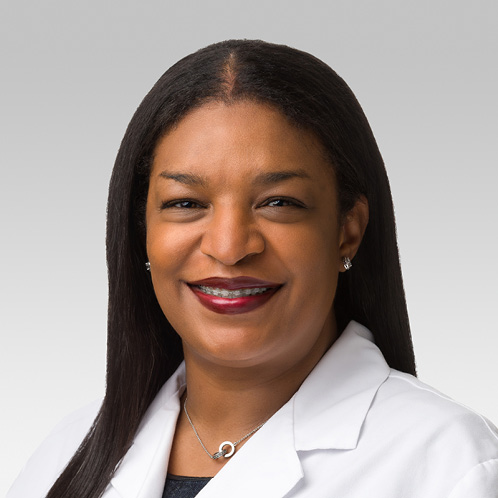
President of the Society of Black Pathologists, Carla L. Ellis, MD, MS, FASCP, is driving change to increase diversity, equity, and inclusion in the profession. Learn more on her thoughts on the need for real discussions around race in healthcare in this Q&A.
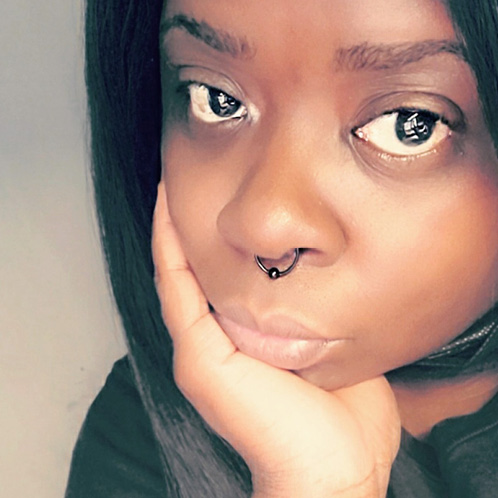
Aqua Asberry, HT(ASCP)CM, uses her experiences with racism to bring awareness to issues around diversity and inclusion in pathology and laboratory medicine. Read this Q&A with her to find out more on combatting these disparities.
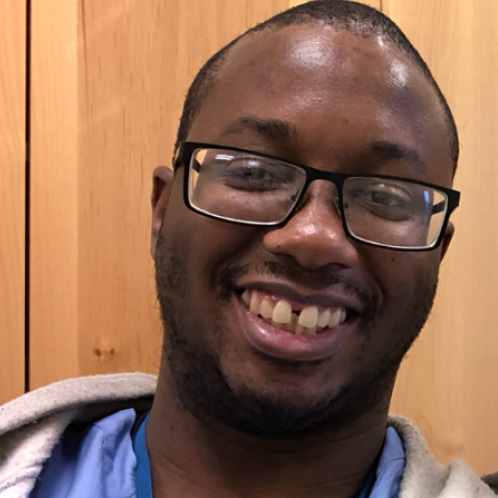
Michael Williams, MD, MSc, believes the pipeline challenges toward diversifying pathology start at the educational level. Read this interview to learn more about challenging stereotypes in medicine.
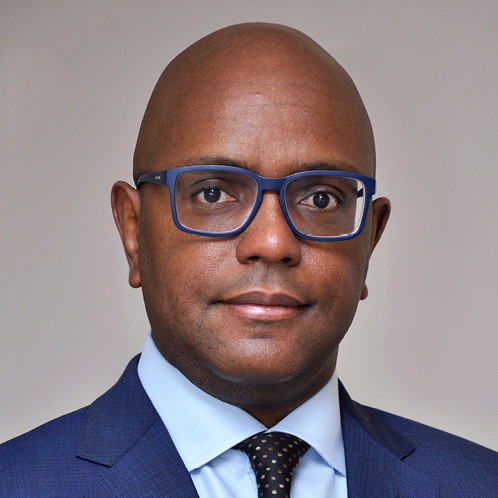
As a black immigrant man who speaks English with an accent, Von Samedi, MD, PhD, has attracted all kinds of stereotypes throughout his career. He shares his insight in this interview into how healthcare needs to evolve for more equitable care.
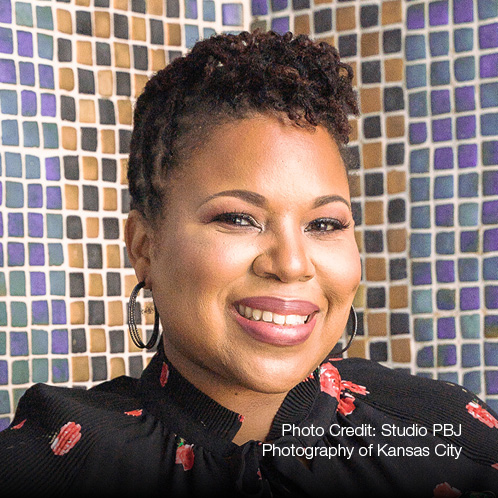
Dana Powell Baker, MBA, MS, MLS(ASCP)CM, strongly advocates for racially and gender diverse health systems. Read this interview to find out how she feels exploring beliefs can be more inclusive for patients.
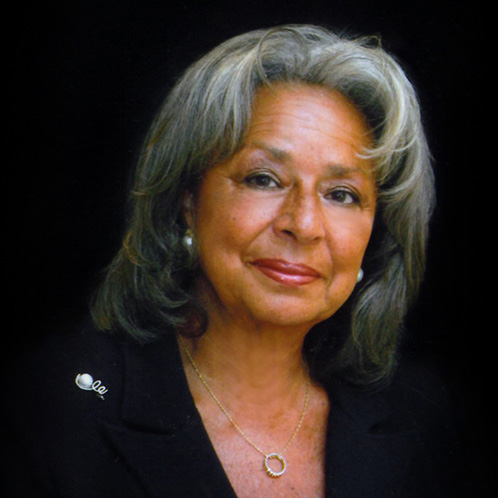
Dr. Vivian Pinn faced numerous challenges as a black woman entering pathology in the 1960s. Find out how she broke barriers in this Q&A.